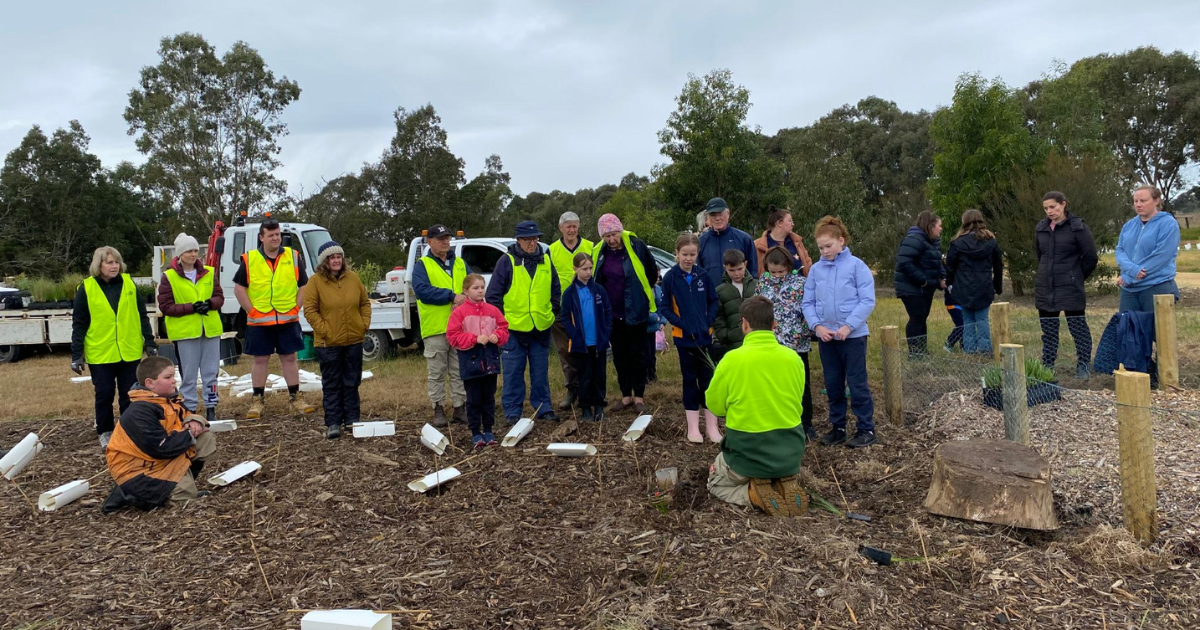Seismic blasting and pollution has people concerned about future petroleum exploration in Gippsland
Environmental groups warn proposed permits will trigger invasive practice and derail climate goals.

The Victorian government has invited applications for two new petroleum exploration permits – one at Jack Smith Lake in Gippsland and the other near the Bay of Islands along the Great Ocean Road. Environmental groups say the move risks harmful seismic blasting that would undermine the state’s target to cut emissions by 80 percent by 2035 and reach net zero by 2045.
“Victoria’s coastal communities have been very clear that they do not accept seismic blasting,” said Dr Kat Lucas-Healey, Environment Victoria’s senior climate and energy advisor.
“Inviting fossil fuel companies to apply for new petroleum licenses to wring out the last of Victoria’s gas is, in effect, inviting more damaging climate pollution into Victoria at a time when local communities are keen to transition to a renewable powered future.”
Stan Woodhouse, offshore gas campaigner at Friends of the Earth Melbourne, spoke to the Gippsland Monitor and said while Victorians want and need power the preferred source would be electricity, not more gas.
“The fabled east coast shortfall has sensible solutions and this is not one of them,” he said.
“The science is very clear; if we are to limit warming enough to keep our heads above water, fossil fuels need to stay in the ground.
“The Victorian government, in this case, is for some reason, servicing the industry and not the community.”
Seismic blasting a main concern
One of the main concerns for environmental groups is the potential implications of seismic blasting from petroleum exploration.
Seismic blasting is a process where ships fire loud blasts of air into the ocean every 10-15 seconds to generate soundwaves that help fossil fuel companies detect oil and gas reserves.
“At every stage of their development, gas projects damage the environment,” said Woodhouse. “The act of exploring for new fossil fuel reserves is not benign. Seismic blasting has very real, very violent impacts on marine life.
“In 2010 seismic blasting killed 24,000 tonnes of scallops in the Bass Strait. What reasonable Government would invite this kind of destruction?”
The government says it aims to minimise seismic surveys where possible, and that companies are “encouraged” to reduce their impact on the environment by using existing data.
Fossil fuel reduction targets
The Victorian government’s current target is to balance its greenhouse gas emissions and reach net-zero by 2045.
The state government announced in June that gas hot water systems will be phased out of Victorian homes from March 2027.
“In reality, gas consumption in Victoria is plummeting as people discover that efficient electric alternatives are far cheaper, healthier and better for the climate,” said Dr Lucas-Healey.
The Gippsland Monitor sought comment from the Victorian Minister for Climate Action, Energy and Resources, Lily D’Ambrosio but she did not respond prior to publication.


